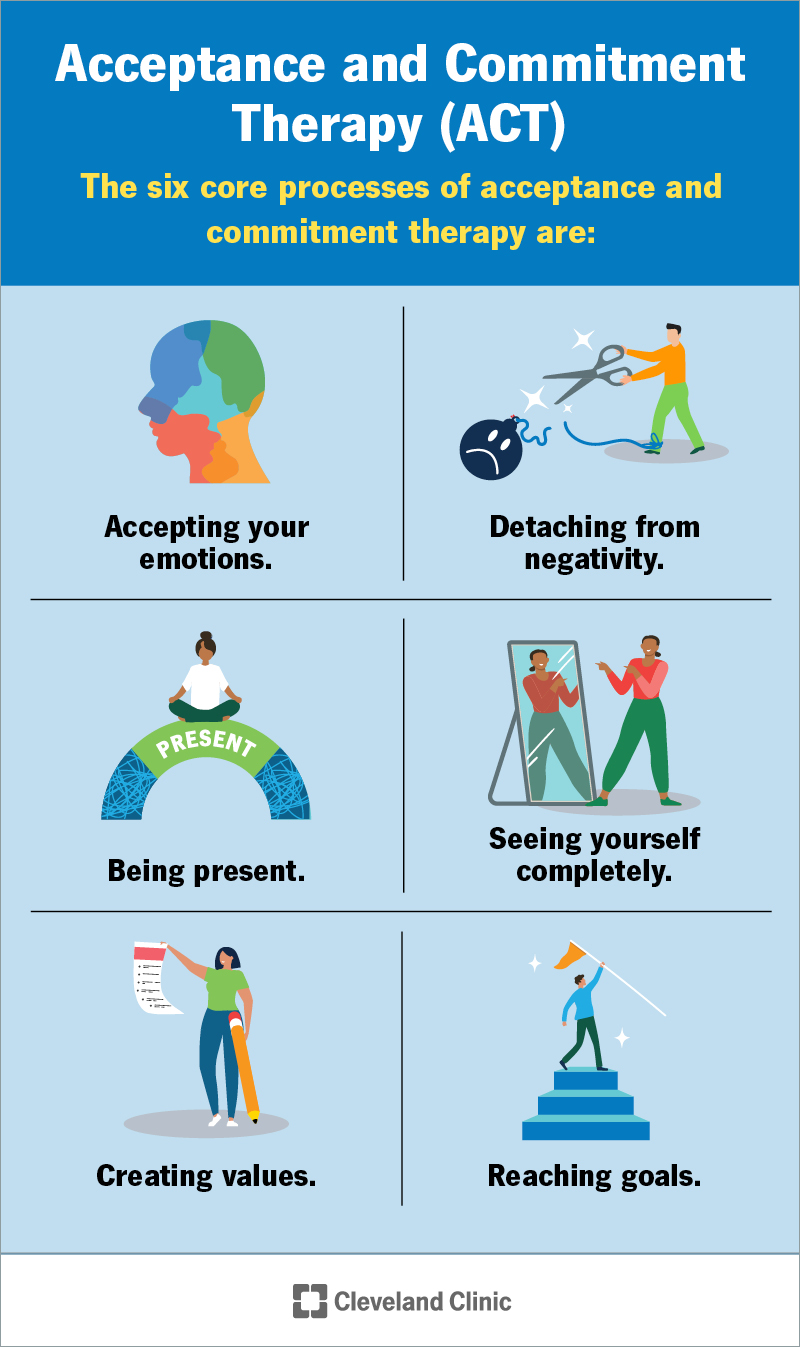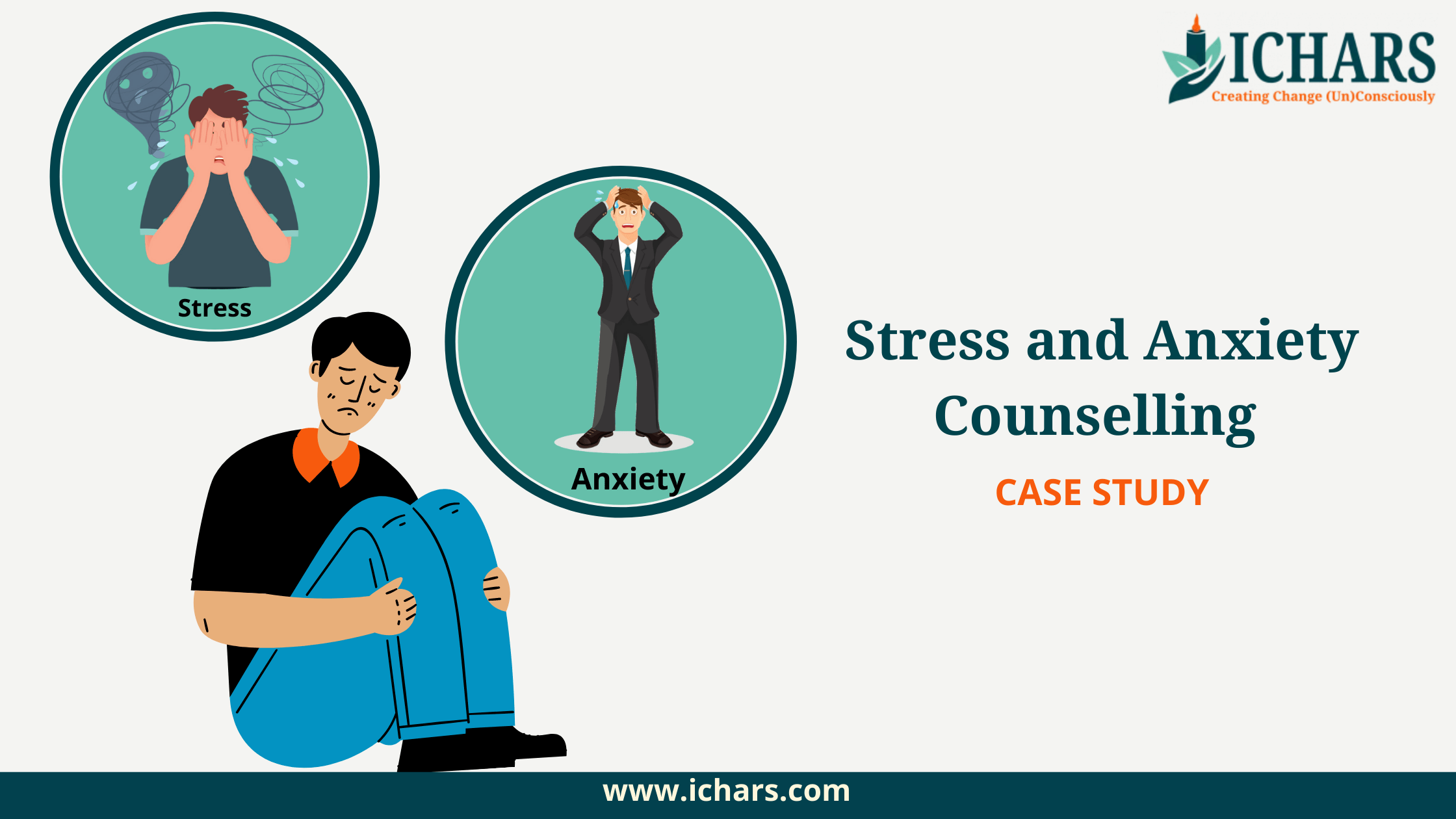Explore proven techniques through counselling for anxiety disorder programs
Explore proven techniques through counselling for anxiety disorder programs
Blog Article
Exploring Different Approaches in Counselling for Anxiety Problem for Long-term Adjustment
When taking on stress and anxiety conditions, it's necessary to discover a range of counseling methods. Each method offers one-of-a-kind understandings and tools to help you manage your signs and symptoms effectively. You could find that incorporating methods can produce the very best outcomes. Understanding the subtleties of these strategies is vital to promoting long lasting adjustment. Suppose the right mix could release a brand-new degree of emotional health for you?
Understanding Stress And Anxiety Disorders: A Quick Summary
Anxiousness conditions, which affect countless individuals worldwide, can substantially impact day-to-day life. You may experience frustrating feelings of concern or worry that appear uncontrollable. These sensations can result in physical signs and symptoms like a racing heart, sweating, or also lightheadedness. Usual types of stress and anxiety problems include generalized anxiousness problem, panic condition, and social anxiousness disorder. Each has distinct indications, yet they all share a tendency to disrupt your regular and relationships.Understanding the origin of your stress and anxiety is essential. It might come from genes, mind chemistry, or life experiences. Identifying your triggers can help you manage your actions much better. It's important to keep in mind that you're not the only one in this battle. Many individuals deal with comparable obstacles, and looking for aid is a strong step toward feeling better. By learning more about stress and anxiety problems, you're already on the course to understanding and handling your condition better.
Cognitive-Behavioral Therapy: Challenging Negative Thought Patterns

Determining Negative Idea Triggers
When you run into minutes of distress, acknowledging the specific triggers behind your unfavorable ideas can be crucial in taking care of anxiety. Begin by taking note of scenarios that provoke feelings of fear or anxiety. Is it a congested room, an approaching target date, or a conversation with specific people? Jot down these circumstances in a journal. This will assist you recognize patterns in your reasoning. Likewise, notice physical experiences that accompany your negative ideas, like a racing heart or tightness in your upper body. By identifying these triggers, you gain understanding right into what's fueling your anxiousness. Recognizing these connections is the initial action in testing those ideas and eventually regaining control over your psychological reactions.

Replacing Ideas With Positives
Testing unfavorable idea patterns is a necessary action in transforming your mindset and lowering stress and anxiety. You might usually discover yourself entraped in cycles of self-doubt or devastating reasoning. Rather than allowing these thoughts dictate your feelings, method replacing them with favorable affirmations or sensible alternatives. For example, when you think, "I can't handle this," change it to, "I can manage obstacles one action each time (Counseling services for anxiety)." This simple modification can greatly influence your psychological state. Regularly identifying and countering these negative ideas aids create a much healthier internal dialogue. Keep in mind, it requires time and initiative, but continually practicing this technique can lead to long-term modification, encouraging you to encounter anxiousness with renewed self-confidence and strength
Building Coping Methods Together
Changing negative thoughts is just the start of taking care of anxiousness efficiently. To produce long lasting modification, you need to develop coping methods that encourage you. Cognitive-Behavioral Treatment (CBT) assists you determine and test those purposeless thought patterns. With each other, you and your therapist can discover exactly how these ideas impact your feelings and behaviors.Start by establishing practical strategies, like journaling or mindfulness workouts, that enable you to face anxiousness head-on. When you encounter your fears progressively, you'll discover to respond in a different way.

Mindfulness and Acceptance-Based Approaches: Growing Present-Moment Awareness
As you navigate the intricacies of stress and anxiety, including mindfulness and acceptance-based techniques can significantly enhance your ability to cultivate present-moment understanding. By focusing on the right here and now, you'll locate that you can observe your thoughts and feelings without judgment. This method aids you acknowledge your anxiety without really feeling overwhelmed by it.Engaging in mindfulness workouts, such as deep breathing, body scans, or guided reflections, allows you to ground on your own in your present experience. Acceptance-based strategies encourage you to accept your feelings as opposed to fight against them. They shed their power over you.Incorporating these practices into your daily regimen can transform just how you respond to anxiousness when you approve your sensations. You'll develop strength and learn to browse difficult circumstances with greater convenience. Ultimately, cultivating present-moment awareness lays the foundation for enduring modification, encouraging you to lead a more meeting life.
Exposure Treatment: Confronting Anxieties Slowly
Direct exposure treatment aids you challenge your worries in a gradual means, making it less frustrating. You'll discover strategies to encounter anxiety-provoking situations action by step, while also building coping techniques to handle your reactions. This approach empowers you to take control and reduce anxiety gradually.
Progressive Direct Exposure Strategies
When facing anxiousness, gradually facing your fears can be a powerful way to restore control. This method, called steady direct exposure, entails gradually subjecting on your own to the situations or things that activate your anxiousness. Start with much less daunting scenarios and gradually function your method up to more tough ones. For instance, if you're worried of public speaking, you may begin by speaking in front of a mirror, then advance to sharing thoughts with a pal, and at some point deal with a small group. Each action assists desensitize you to the anxiety, constructing your self-confidence in time. Bear in mind, it's vital to speed yourself and commemorate small success as you relocate through this process, enhancing your capacity to manage anxiety properly.
Structure Coping Approaches
Building efficient coping methods is important for managing anxiety, especially as you challenge your concerns gradually. One powerful technique is exposure therapy, where you start by encountering your concerns in a regulated manner. Start with less frightening circumstances and gradually function your method as much as this contact form more difficult scenarios. This progressive direct exposure helps desensitize you to stress and anxiety activates, making them less overwhelming.Incorporate leisure strategies, such as deep breathing or mindfulness, to soothe your mind during direct exposure. Track your progress, commemorating tiny success along the means to increase your confidence. Bear in mind, it's alright to take your time; the objective isn't perfection however consistent improvement. By building these approaches, you'll empower on your own to navigate stress and anxiety and accept life much more fully.
Psychodynamic Treatment: Uncovering Source of Anxiousness
Psychodynamic treatment explores the unconscious mind, revealing the origin of your anxiety - Counseling services for anxiety. By analyzing your ideas, feelings, and previous experiences, this technique helps you discover underlying problems and unresolved problems that might add to your current anxiousness. You'll collaborate with a specialist to explore childhood years experiences, partnerships, and psychological patterns that shape your responses today.As you gain understanding right into these deeper layers of your subconscious, you'll begin to acknowledge exactly how past events affect your existing habits. This understanding can lead to catharsis, permitting you to refine feelings you may have suppressed.Through the healing connection, you can additionally recognize protection mechanisms that may have established gradually, using a clearer course to alter. Inevitably, psychodynamic therapy equips you with the tools to resolve your anxiety at its core, advertising long-term transformation in your psychological well-being
Integrative and Alternative Approaches: Integrating Strategies for Greater Efficacy
Integrating numerous healing strategies can improve your trip towards managing anxiousness extra effectively. By combining elements from cognitive-behavioral treatment, mindfulness methods, and holistic strategies, you can produce a tailored approach that addresses your special demands. You may utilize cognitive-behavioral techniques to challenge adverse idea patterns while including mindfulness exercises to ground yourself in the existing moment.Additionally, exploring holistic techniques such as yoga exercise or reflection can promote leisure and reduce anxiousness symptoms. This blend enables you to develop higher self-awareness and resilience.Experimenting with these diverse approaches can aid you discover what resonates most with you. Remember, it's regarding discovering a harmony that works, instead of staying with a solitary approach. This integrative method not only uses immediate relief however also promotes long-term skills for taking care of stress and anxiety, encouraging you to reclaim control over browse around this web-site your life.
The Role of Support Systems: Structure Durability With Link
While it could seem that managing anxiety is a solitary journey, having a strong support system can play a vital function in your strength. Bordering yourself with understanding good friends, household, or assistance teams produces a safe room where you can openly share your feelings and experiences. When you connect with others, you advise on your own that you're not alone in this struggle.These relationships use motivation and can provide functional coping approaches that have benefited others. It's also a chance to obtain perspective; buddies can help you see circumstances differently, lowering feelings of isolation.Moreover, emotional assistance promotes a sense of belonging, which can significantly alleviate stress and anxiety signs. By leaning on your support group, you can develop durability and take on challenges better. Remember, getting to out for assistance is a sign of stamina, and it can make all the distinction in your journey toward managing anxiousness.
Regularly Asked Concerns
What Are the Common Signs of Anxiety Disorders?
You might experience uneasyness, fatigue, difficulty focusing, irritability, muscle stress, and sleep disturbances. Physical signs and symptoms can include fast heart beat, sweating, and shivering. Acknowledging these signs early can assist you look for proper assistance and treatment.

For How Long Does Therapy Generally Last for Stress And Anxiety Problems?
Therapy for anxiousness conditions generally lasts anywhere from a few weeks to several months. It really depends upon your private demands, development, and the methods your therapist utilizes to help you manage your anxiousness effectively.
Can Medication Be Used Alongside Therapy for Anxiety?
Yes, medication can most definitely be made use of along with treatment for anxiousness. Combining both strategies commonly enhances treatment efficiency, helping you take care of signs and symptoms while discovering underlying issues through counseling. Always consult your medical care provider for tailored recommendations.
Exist Self-Help Techniques for Handling Anxiousness?
Yes, there are several self-help techniques for managing stress and anxiety. You can exercise mindfulness, take part in regular exercise, maintain a well balanced diet regimen, establish a regular, and utilize deep breathing techniques to help in reducing stress and anxiety signs reference and symptoms effectively.
Just how Do I Know if I Required Professional Aid for Anxiety?
You need to consider looking for expert aid for anxiety if it interferes with every day life, causes significant distress, or if self-help approaches aren't functioning. Depend on your reactions; reaching out can lead to much better coping skills and support. Typical kinds of anxiety disorders include generalized anxiety problem, panic condition, and social anxiety disorder. When you run into minutes of distress, acknowledging the specific triggers behind your unfavorable ideas can be vital in handling anxiousness. Replacing adverse thoughts is just the beginning of managing anxiousness properly. By examining your thoughts, sensations, and previous experiences, this approach assists you discover underlying disputes and unsolved concerns that may contribute to your existing stress and anxiety. It's additionally an opportunity to gain viewpoint; buddies can help you see scenarios differently, decreasing sensations of isolation (Counseling services for anxiety).Moreover, emotional assistance promotes a feeling of belonging, which can significantly minimize anxiousness signs
Report this page